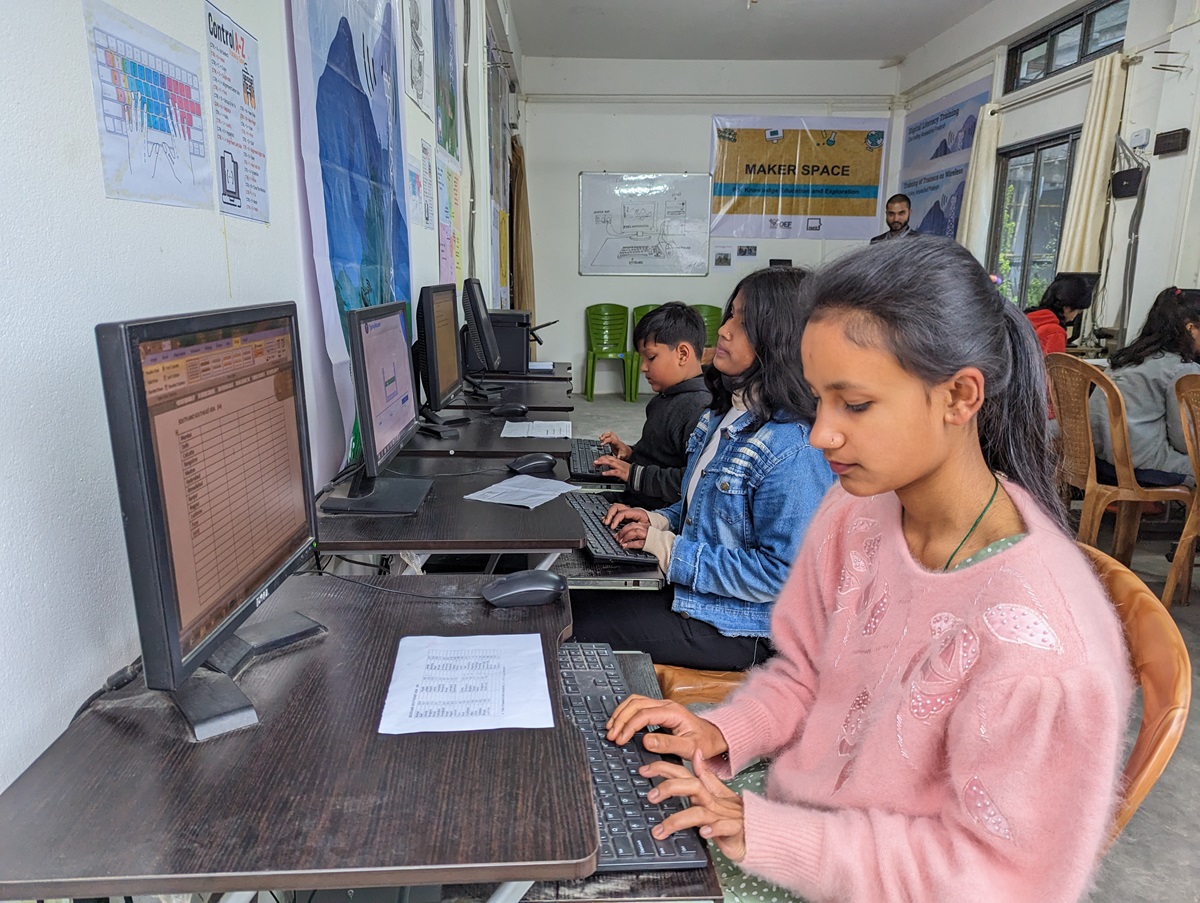
Digital Empowerment Foundation started its journey in 2002, a time when technology and digital was in the hands of the few privileged, literally 1.5% of the population in the country. Back then the mission was to connect the unconnected and empower communities at the edge of information. In 2024, India’s internet penetration rate stands at 52.4% of the total population and empowering people in the age of information has become more important than ever.
During COVID-19, India marked misinformation as an infodemic, with marginalised communities facing the brunt of the misinformation and disinformation spreading digitally. These communities were physically, mentally, emotionally and socially affected by the spread of fake news that varied from having harmful health effects, to creating communal disturbances and making individuals break protocol and economic conditions due to rising financial fraud. India’s problem with misinformation is tied to the higher penetration rate and consumption state where we are constantly consuming information in an age of lacking media literacy where the difference between correct and incorrect information is masked in malintention.
In the World Economic Forum’s 2024 Global Risk Report, India is the country where the risk of disinformation was ranked highest, even more infectious diseases, illicit economic activity, inequality and labor crisis. With our work on the ground in India, the last decade has seen a shift to the inclusion of minorities into the forefront of the changing digital development narrative at the grassroots and a need for developing critical digital literacy. With this in mind, the ethos of the organisation now ecompasses the need of critical media literacy and access to tools that can help grassroots digital leaders to be able to serve their communities with the correct information.
When working with marginalised communities, our goal extends beyond simply providing digital tools to empowering individuals to become meaningful consumers and digital leaders who integrate the digital space to their everyday life. Community digital leaders play a crucial role by leveraging their access to connect their communities with vital services, correct information, and entrepreneurial opportunities. This level of community empowerment also encompasses fostering a deep understanding of digital rights and responsibilities.
As digital leaders, they ensure their communities are aware of the nuances of the digital world, promoting critical thinking and fact-checking capabilities. They guide their communities to critically consume information, rather than blindly accepting and forwarding it, thus enhancing their ability to navigate the digital landscape securely. These digital leaders are the bridges that link their communities to the right services, correct information, and valuable resources for socio-economic growth and development.
In this newsletter, you can read how the efforts of the organisation and the digital leaders help in creating a culture of digital literacy where community members can distinguish between digital rights and digital wrongs.









